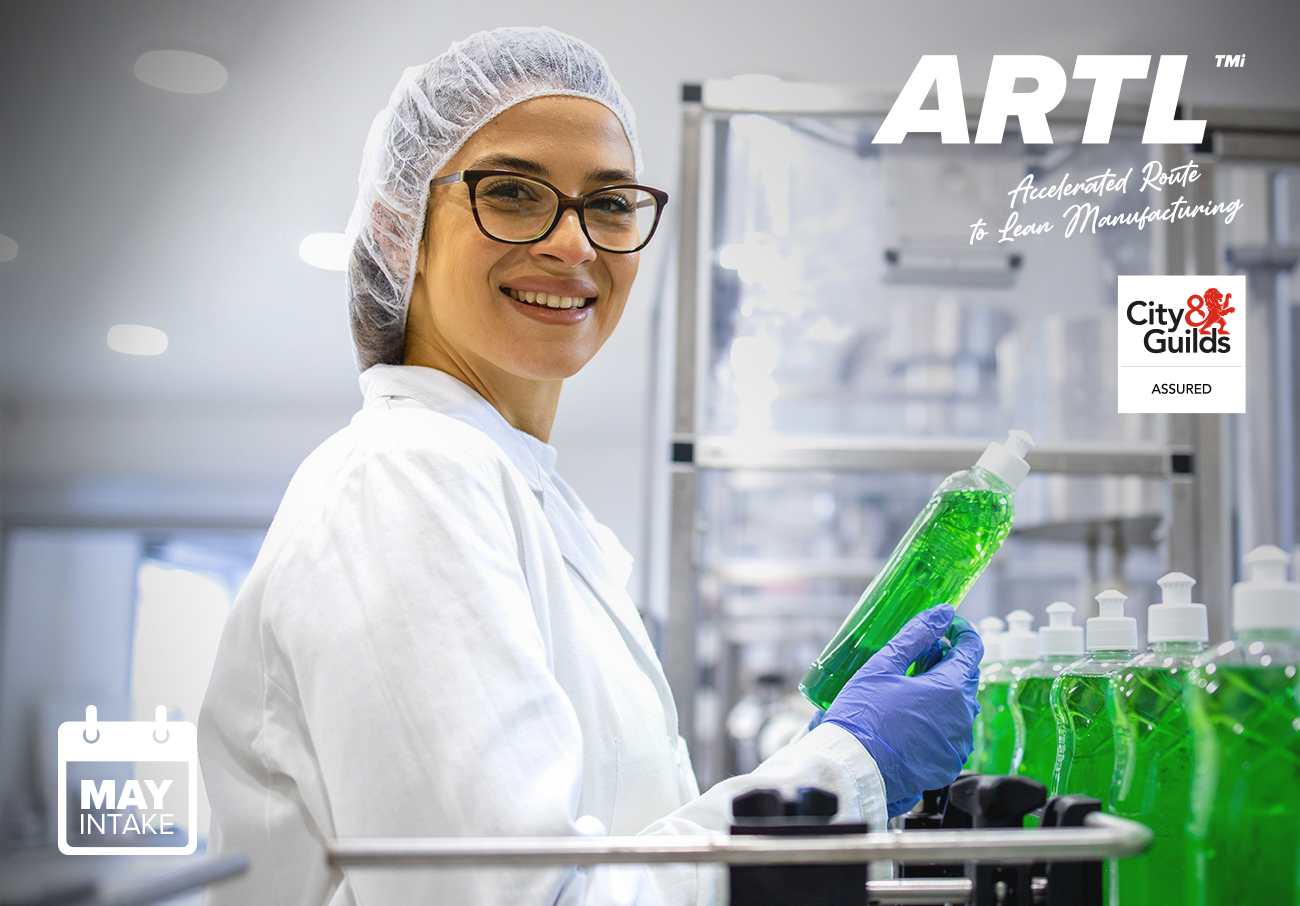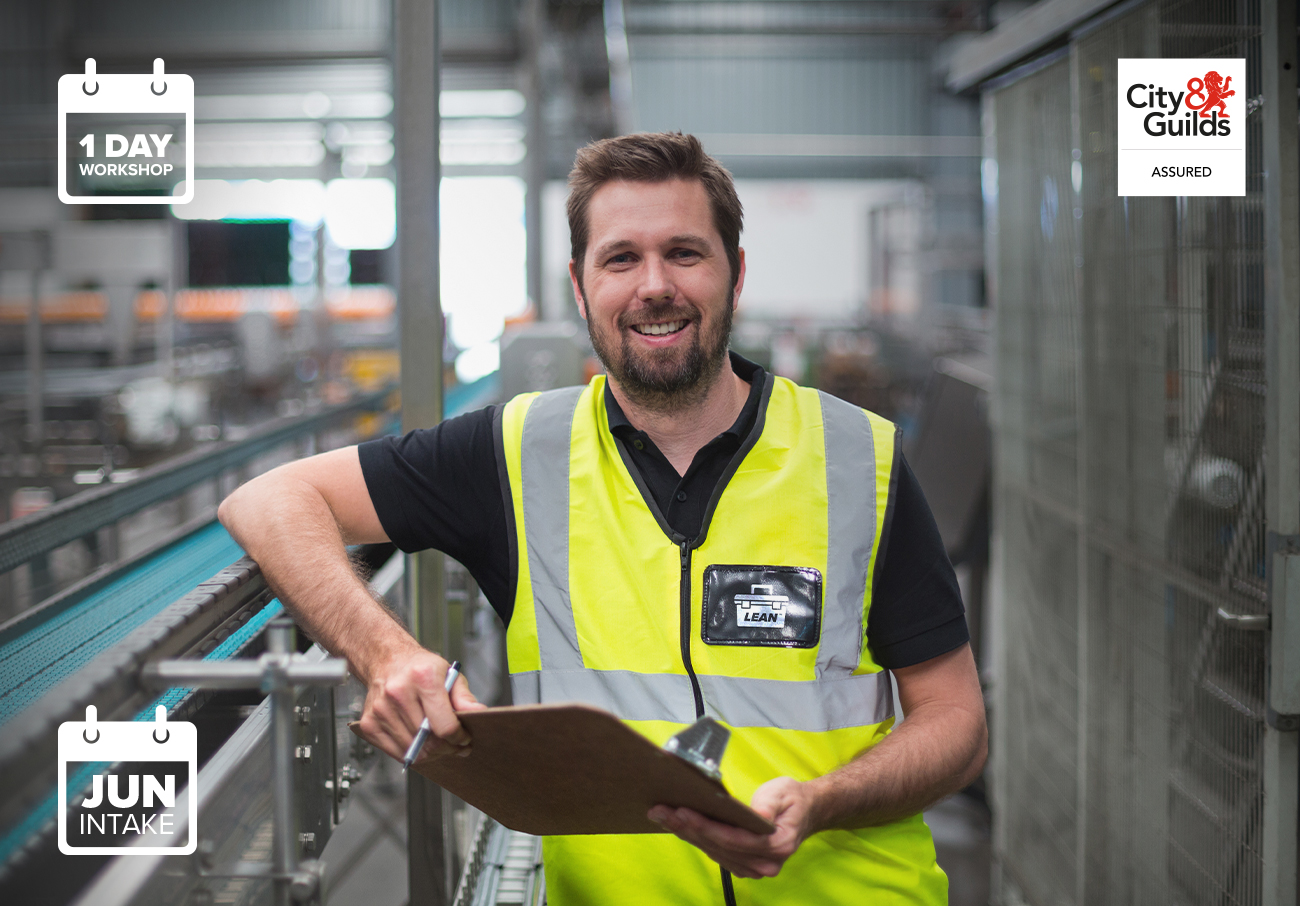
Why People Development Is Crucial
Employers often feel too embarrassed to praise, recognise or appreciate the work of their employees. Today, this must change. What we now need is humility on the part of our leaders.
People development (of which recognition plays a big part) is so important. Without it, businesses fall behind. The Manufacturing Institute’s Business Excellence Coach, Steve Nicoll, and Principal Practitioner, Julian Winn, discuss why.
Help people grow
Let’s first focus on helping people grow. Simply put, if your organisation isn’t learning or developing, you’re falling behind. And an organisation only develops when its people develop.
If you’re truly looking to motivate and engage your staff, you need to think more deeply about how you interact with them. Ask yourself: do I help people grow? How much time do I commit to coaching? What environment am I trying to create?
The reality for many organisations is that they’ve built an environment where it’s extremely difficult for people to be curious, creative and collaborative. Of course, you can’t make people develop in the same way you can’t make people be engaged. Rather, you have to create an environment that encourages people and enables them to want to grow.
Help people feel happy and safe
This ‘want’ tends to come down to how the individual feels within the organisation. Leaders often think a great deal about success, but rarely about joy. Chances are, very few of us are even aware of the joy gap in our businesses, and the resulting lack of interpersonal connections and team aspiration.
You must recognise that your people are your greatest asset. The Shingo Model notes that there is no greater measure of respect for individuals than creating a work environment that is both physically and psychologically safe. Being safe in this way leads us to enjoy our work.
But what can you do to increase joy? How can you keep staff engaged?
What can leaders do?
As a leader, you must consider the following steps:
- Set the agenda – Make the experience of joy part of your purpose, your DNA. Ensure all employees feel heard, recognised, acknowledged and developed.
- Set the stage – Encourage and promote cross-functional teamworking, where collaboration delivers creativity, improvement, innovation, shared success and even fun.
- Set the tone – Authentically express more of the joy you personally experience in your role. Joy becomes contagious, as does the lack of joy.
Organisations that prioritise joy in the workplace are generally better positioned to apply the full power of their potential to improve business performance, helping their people grow.
Why recognition is so important
“Align employee recognition to what matters most – your organisation’s purpose, values and objectives.” – Gary Peterson
Of course, development is much more than training and coaching. It’s about enabling people to gain new experiences, work on special or challenging projects, and learn new things together in a safe and enjoyable environment. As a manager, it is necessary to appreciate and celebrate what people do in the workplace. In this way, you let people know what you want to see more of.
We know that employees are five times more likely to stay at an organisation if their managers regularly acknowledge them for great work. We also know that engaged individuals are more likely to give discretionary effort. So when an organisation broadens its view of development, they begin to see employees thrive and performance increase. Not only does this help create more promotable people, it also acts as a key driver of people retention.
To keep staff engaged, manufacturing leaders must prioritise people development. Our leadership development bootcamp provides the skills and techniques necessary to improve your management approach. You’ll learn how to communicate more effectively and influence your team.
Want to learn more? Get in touch today.











